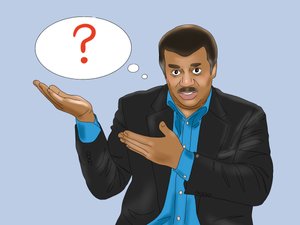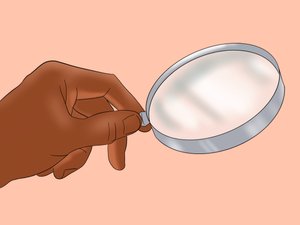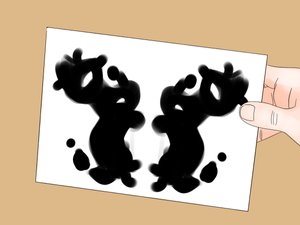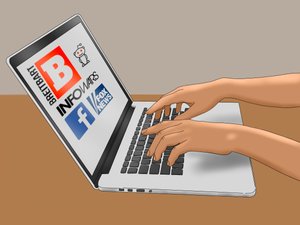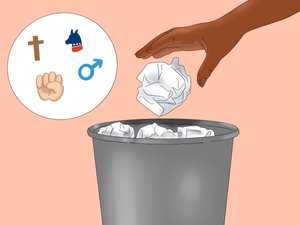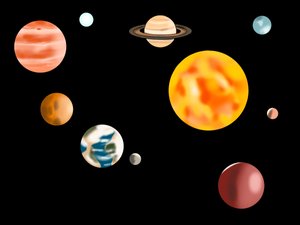How to Think Scientifically
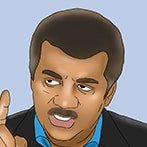
Authored by
Pop Science PersonalityScience is based on asking questions and progressing from ignorance to an understanding of established, objective truth. These steps will empower you to think for yourself and figure out what is true—and not because of what you know but because of how you think.

